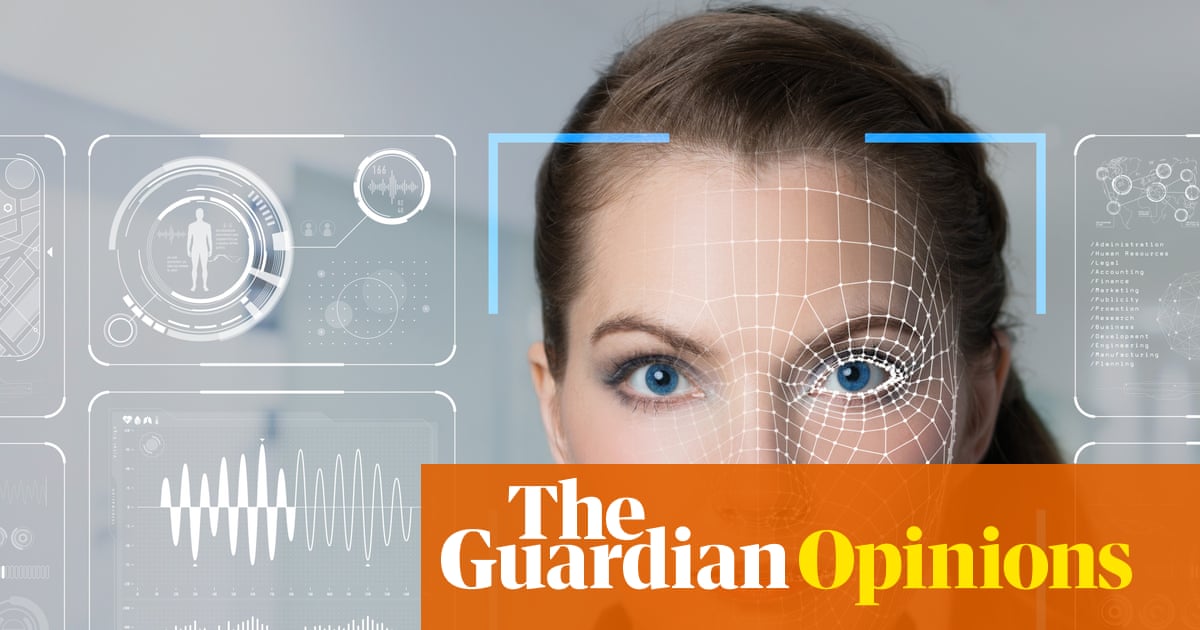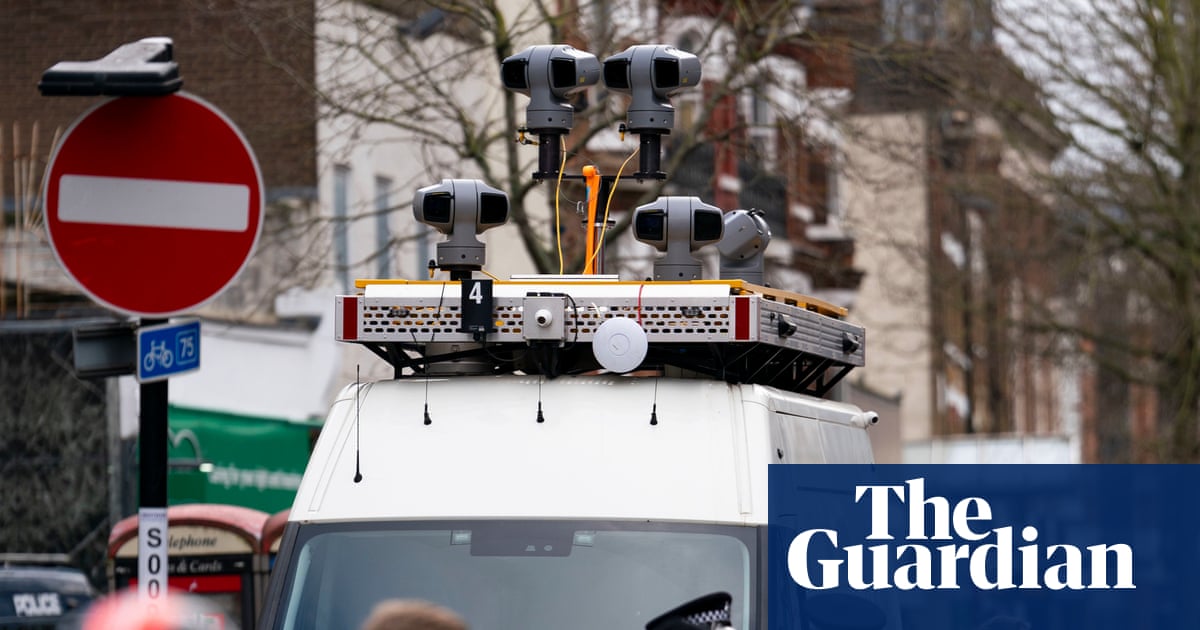fromThe Verge
4 days agoAmerica desperately needs new privacy laws
In 1973, long before the modern digital era, the US Department of Health, Education, and Welfare (HEW) published a report called "Records, Computers, and the Rights of Citizens." Networked computers seemed "destined to become the principal medium for making, storing, and using records about people," the report's foreword began. These systems could be a "powerful management tool." But with few legal safeguards, they could erode the basic human right to privacy - particularly "control by an individual over the uses made of information about him."
Privacy professionals







